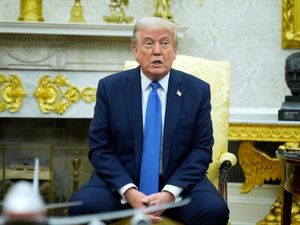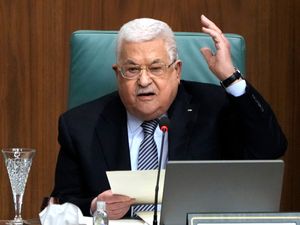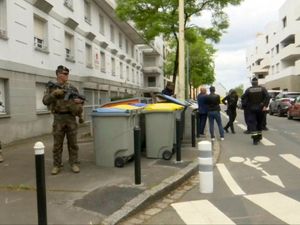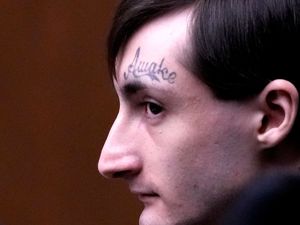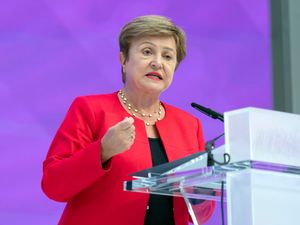Peruvian author Mario Vargas Llosa, Nobel literature laureate, dies at 89
He was the author of such celebrated novels as The Time of the Hero and Feast of the Goat.
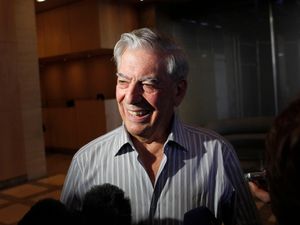
Peruvian author Mario Vargas Llosa, a Nobel literature laureate and a giant of Latin American letters, has died, his son said on Sunday.
He was 89.
“It is with deep sorrow that we announce that our father, Mario Vargas Llosa, passed away peacefully in Lima today, surrounded by his family,” read a letter signed by his children Alvaro, Gonzalo and Morgana on X.
The letter says that his remains will be cremated and that there will not be any public ceremony.
“His departure will sadden his relatives, his friends and his readers around the world, but we hope that they will find comfort, as we do, in the fact that he enjoyed a long, adventurous and fruitful life, and leaves behind him a body of work that will outlive him,” they added.
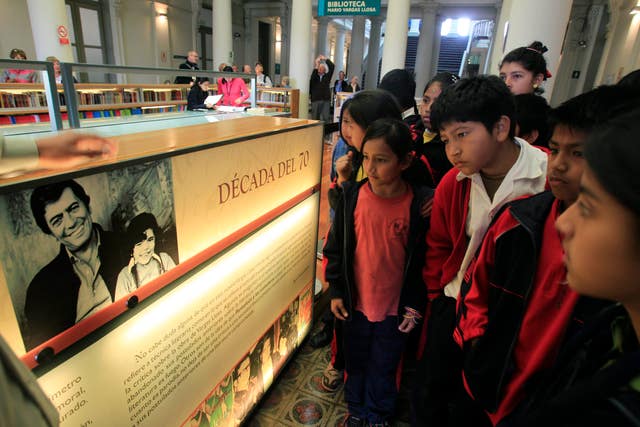
He was the author of such celebrated novels as The Time of the Hero (La Ciudad y los Perros) and Feast of the Goat.
A prolific novelist and essayist and winner of myriad prizes, Mr Vargas Llosa was awarded the Nobel in 2010 after being considered a contender for many years.
Mr Vargas Llosa published his first collection, The Cubs and Other Stories, in 1959. But he burst onto the literary stage in 1963 with his groundbreaking debut novel The Time of the Hero, a book that drew on his experiences at a Peruvian military academy and angered the country’s military.
A thousand copies of the novel were burned by military authorities, with some generals calling the book false and Mr Vargas Llosa a communist.
That, and subsequent novels such as Conversation in the Cathedral, in 1969, quickly established Mr Vargas Llosa as one of the leaders of the new wave of Latin American writers of the 1960s and 1970s, alongside Gabriel Garcia Marquez and Carlos Fuentes.
Mr Vargas Llosa started writing early, and at 15 was a part-time crime reporter for La Cronica newspaper.
According to his official website, other jobs he had included revising names on cemetery tombs in Peru, working as a teacher in the Berlitz school in Paris and briefly on the Spanish desk at Agence France-Presse in Paris.
He continued publishing articles in the press for most of his life, most notably in a twice-monthly political opinion column titled Piedra de Toque (Touchstones) that was printed in several newspapers.
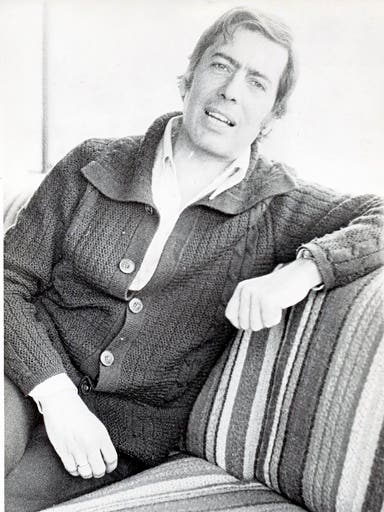
Mr Vargas Llosa came to be a fierce defender of personal and economic liberties, gradually edging away from his communism-linked past, and regularly attacked Latin American leftist leaders he viewed as dictators.
Although an early supporter of the Cuban revolution led by Fidel Castro, he later grew disillusioned and denounced Castro’s Cuba.
By 1980, he said he no longer believed in socialism as a solution for developing nations.
In a famous incident in Mexico City in 1976, Mr Vargas Llosa punched fellow Nobel Prize winner and ex-friend Garcia Marquez, whom he later ridiculed as “Castro’s courtesan”.
It was never clear whether the fight was over politics or a personal dispute, as neither writer ever wanted to discuss it publicly.
As he slowly turned his political trajectory towards free-market conservatism, Mr Vargas Llosa lost the support of many of his Latin American literary contemporaries and attracted much criticism even from admirers of his work.
In 1965, he married his first cousin, Patricia Llosa, 10 years his junior, and together they had three children.
They divorced 50 years later, and he started a relationship with Spanish society figure Isabel Preysler, former wife of singer Julio Iglesias and mother of singer Enrique Iglesias. They separated in 2022.
He is survived by his children.

